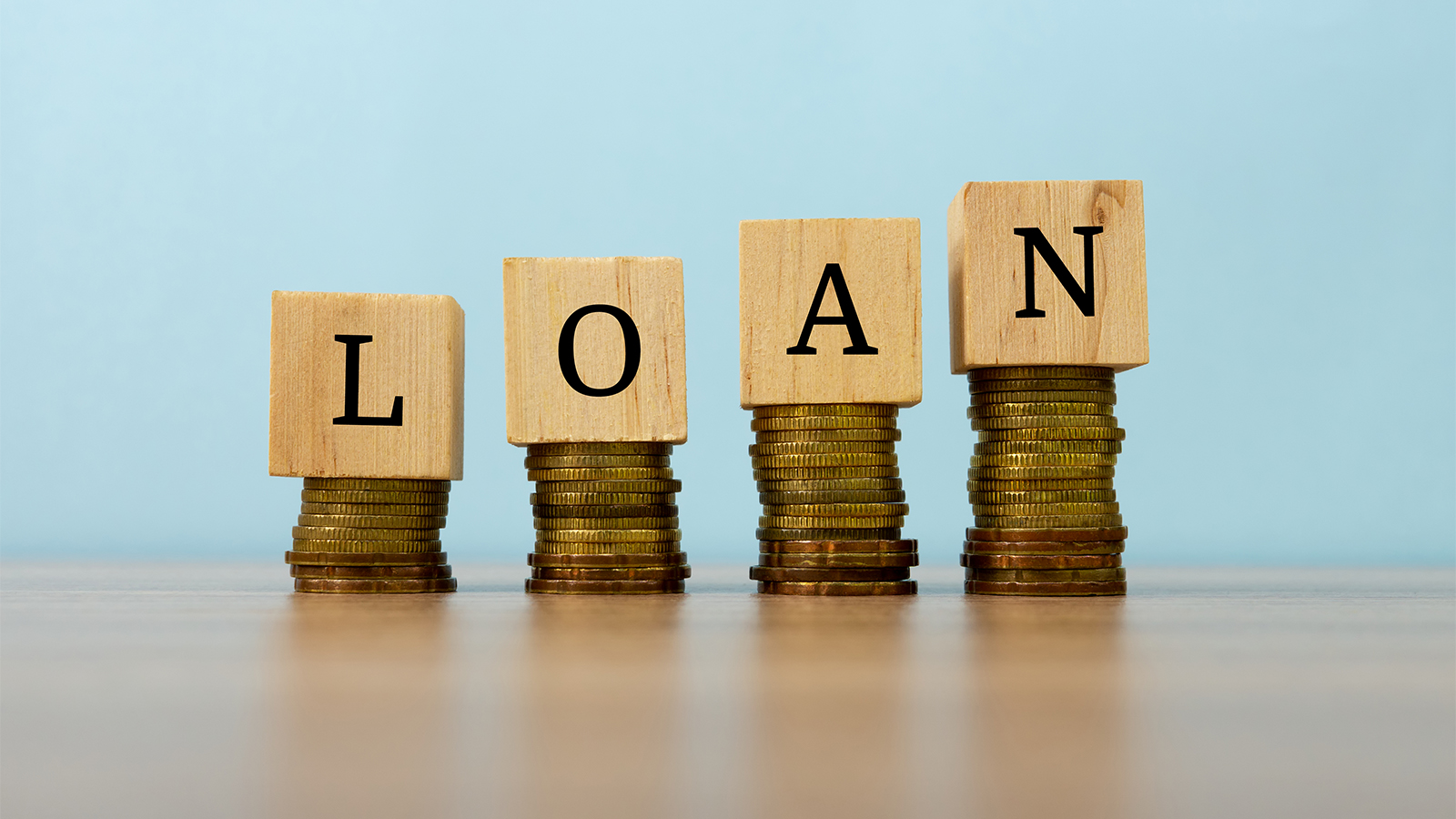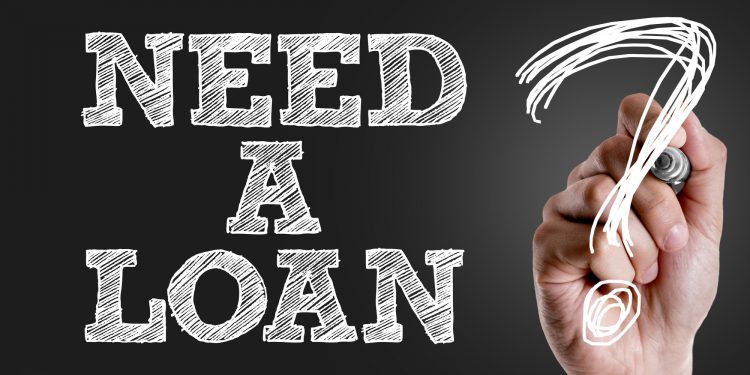Top Tips for Navigating Pre Approval Student Loans with Self-confidence
Top Tips for Navigating Pre Approval Student Loans with Self-confidence
Blog Article
Recognizing the Influence of Rate Of Interest on Home Loans for First-Time Customers
Browsing the labyrinth of mortgage can be daunting for new customers, specifically when rate of interest play a critical role in forming their monetary journey. The selection between set and adjustable-rate home mortgages lugs considerable effects, affecting monthly budget plans and long-term financial stability. As rate of interest change with financial shifts, recognizing their decision comes to be necessary. However what techniques can these purchasers use to protect one of the most favorable terms? And how do these choices align with personal financial goals and take the chance of tolerance? Explore these concerns to empower your path to homeownership with confidence and foresight.
Just How Rates Of Interest Are Established
When the main financial institution raises this rate, obtaining comes to be much more costly, typically leading to boosted home lending rate of interest rates. Conversely, reducing the government funds rate can make borrowing less expensive, possibly decreasing home loan prices.
Another prominent element is inflation. Greater inflation typically leads to higher rate of interest as lending institutions require even more return to counter the lowering buying power of future payments. Economic growth also plays a critical function; in durations of durable financial performance, need for credit rises, which can increase rate of interest.
Additionally, the bond market significantly influences home mortgage prices. Long-term rates of interest, consisting of those for mortgage, are very closely connected to yields on federal government bonds. As bond returns rise, so do home loan prices, showing the enhanced price of long-lasting loaning.

Kinds Of Rates Of Interest
Comprehending the different types of rate of interest prices is integral to comprehending just how home financings function. A fixed passion rate continues to be consistent throughout the term of the finance.
On the other hand, a variable rate of interest, also referred to as a flexible rate, rises and fall in time, usually in feedback to changes in a specified benchmark or index. These rates frequently begin reduced than dealt with prices, which can be appealing to first-time customers. Nevertheless, they involve the threat of raising over time, possibly leading to higher overall expenses if market prices increase.
In addition, some lenders offer hybrid interest prices, integrating components of both repaired and variable rates. An initial period with a fixed rate may be followed by a variable price. Understanding these differences is critical for consumers to make enlightened choices that align with their monetary situations and run the risk of tolerance, as each type presents distinct advantages and possible drawbacks.

Influence On Month-to-month Repayments
Monthly settlements on home financings are straight affected by the kind of rates of interest picked, which can substantially influence a borrower's economic preparation. Fixed-rate home mortgages use stability, as the rate of interest remains unchanged over the funding's term, making certain that month-to-month payments stay constant. This predictability aids in budget plan planning, offering a clear monetary image over the financing's duration. On the other hand, adjustable-rate home mortgages (ARMs) originally present lower rate of interest, which can result in smaller first payments. However, these rates undergo variations based on market problems after the preliminary set period, potentially enhancing month-to-month responsibilities.
The selection in between a fixed-rate and an adjustable-rate mortgage can have instant consequences on a property buyer's month-to-month budget plan. Fixed-rate loans secure versus market volatility, providing tranquility of mind but commonly at a higher first price compared to ARMs. For debtors preparing to stay in their homes lasting, this can be beneficial. On the other hand, ARMs might match customers anticipating earnings growth or those intending to offer prior to the price adjustment takes place, enabling them to profit from lower settlements at first. Eventually, understanding these characteristics is necessary for first-time customers to manage their regular monthly settlements successfully and align them with their monetary strategies.
Long-term Financial Implications
The choice of rate of interest kind for a home funding expands beyond instant monthly repayments, lugging significant long-term economic ramifications. A fixed-rate home mortgage, for instance, supplies security by securing in interest rates throughout of the financing term, safeguarding consumers from future rate boosts. This predictability can help in long-lasting economic preparation, enabling homeowners to anticipate expenditures without the danger of climbing repayments. Nonetheless, if market prices fall, customers with a fixed-rate home loan may miss out on out on potential financial savings unless they re-finance.
Conversely, an adjustable-rate mortgage (ARM) usually starts with a lower click reference rate of interest, which can result in reduced first settlements. Gradually, nonetheless, the price can vary based upon market conditions, possibly causing greater repayments. This irregularity introduces an element of unpredictability, which might affect monetary stability if rates boost dramatically.

Strategies for Taking Care Of Rates
Browsing passion rates on home mortgage needs tactical planning to optimize monetary results. Newbie buyers need to think he has a good point about securing in rate of interest when they are favorable, as this can secure them from prospective price hikes before their car loan closing. Rate locks commonly last between 30 to 60 days and offer a step of certainty in a typically unstable market. Additionally, purchasers may explore discount factors, which involve paying an upfront fee to secure a reduced rate of interest rate. This can cause substantial savings over the funding's lifespan, especially if the purchaser plans to remain in the home lasting.
One more method includes picking the right funding type. Fixed-rate home mortgages supply security, shielding customers from future rate rises, while adjustable-rate mortgages (ARMs) could supply lower first prices with the threat of future changes. Customers must very carefully examine their financial situation and risk tolerance when picking in between these alternatives (pre approval student loans).
Lastly, this contact form keeping a solid credit report account is vital. A greater credit report can considerably improve arrangement power for much more favorable rate of interest rates. Consistently reviewing debt reports, attending to errors, and lowering impressive financial obligation can boost general credit reliability, consequently positioning purchasers to safeguard the most beneficial rates readily available.
Verdict
An extensive understanding of interest prices on home financings is necessary for newbie purchasers to make educated decisions. Strategic management of rate of interest prices can substantially affect homeownership success and economic well-being.
When the central bank raises this price, borrowing ends up being extra pricey, commonly leading to boosted home financing passion rates.In comparison, a variable interest price, also known as a flexible rate, varies over time, usually in action to modifications in a specified criteria or index.Furthermore, some lenders supply hybrid interest rates, incorporating aspects of both fixed and variable rates - pre approval student loans. A fixed-rate home mortgage, for example, uses security by locking in rate of interest rates for the duration of the loan term, protecting customers from future price increases. Newbie buyers must consider locking in passion rates when they are beneficial, as this can shield them from prospective rate walks prior to their car loan closing
Report this page